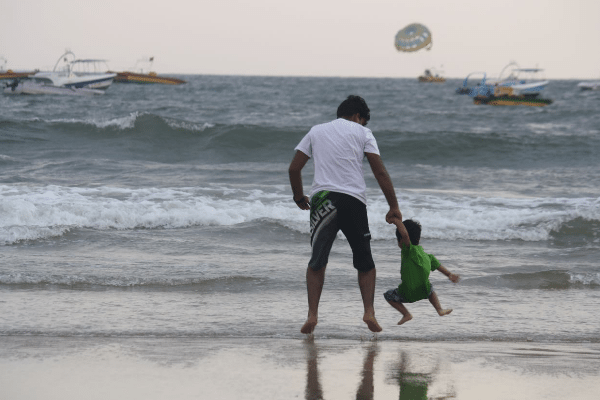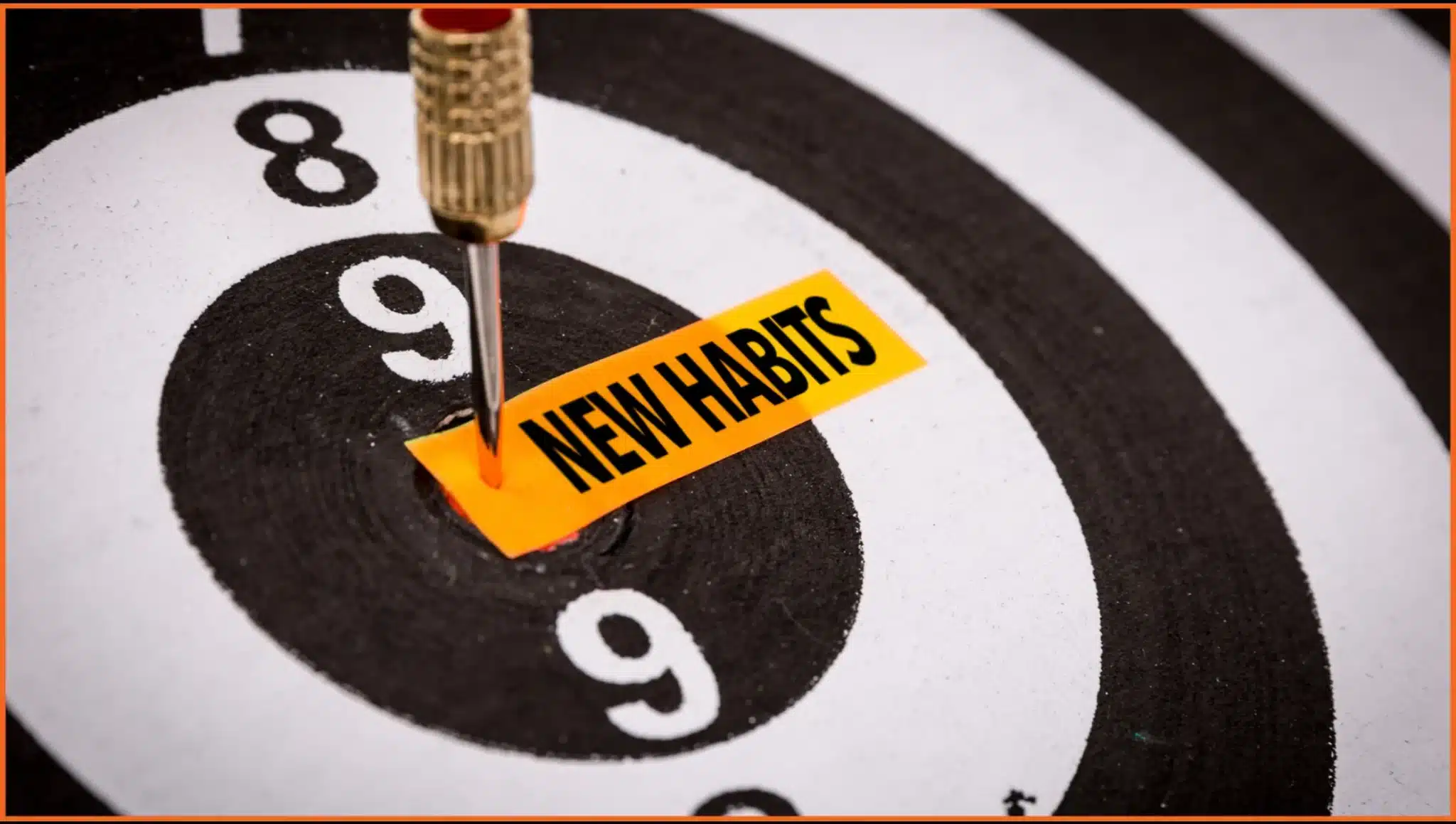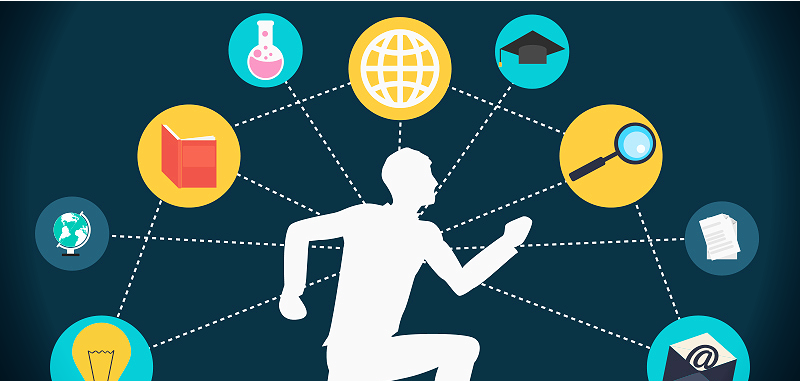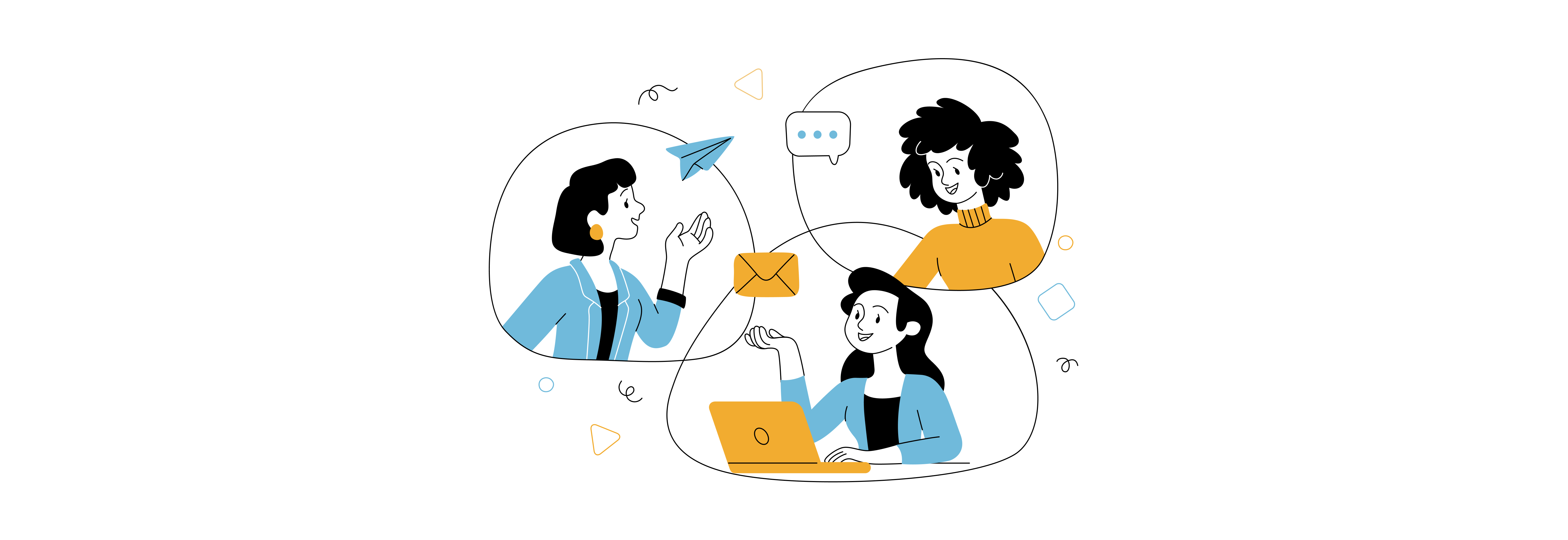The greatest feeling in the world is watching your child grow right in front of your eyes. As a parent, that joy is indescribable. You see glimpses of your own personality in them, reflected in their curiosity, their stubbornness, or their giggles. It brings this surreal sense of pride. My wife and I often look at our son Aaran and say to each other, “That’s our boy,” whenever he does something new that feels like a reflection of what we’ve tried to teach him.
But parenting is a humbling journey. Just when we think we are shaping his world, we notice him navigating tricky situations all on his own. And often, we realize that he is shaping us just as much. Despite our natural tendency to write off his actions as child’s play, I have come to see them as profound lessons in resilience, honesty, adaptability, and joy. Aaran, like so many children, lives with an openness that we often lose as adults. And if we pay attention, there is so much we can learn.
Here are three powerful life lessons that my five-year-old son teaches me every single day. And surprisingly, these have found their way into how I lead at work, manage my team, and respond to challenges as a professional.
Lesson 1: Show Appreciation Instantly and Authentically
Table of Contents

Last week, Aaran and I went for a swim. He had been excited all day. During our eight-minute drive to the pool, he asked me at least twenty times, “How long will it take?” When we finally arrived and dipped into the water, he was overjoyed. With his red floaties puffed up and pride all over his face, he paddled toward me, gave me a wet kiss on the cheek, and swam away.
It was such a small gesture, but it left a deep impact.
He was happy and he expressed it instantly. No filters, no hesitation. Just pure, raw appreciation.
In that moment, I felt like a superhero. Not because I did something extraordinary, but because my son let me know that I made him happy.
As adults, especially in the workplace, we often forget to express our appreciation. We hold back compliments, delay praise, or assume people already know how we feel. But genuine, immediate feedback is a superpower. It strengthens relationships, boosts morale, and builds a culture of trust.
Leaders and HR professionals talk often about recognition and employee engagement, but it really begins with this simple principle: when something feels good, say it. Say thank you, give credit, and acknowledge the little efforts. It can shift an entire team’s energy.
Programs that promote mindfulness at work often highlight the same principle – be present, and express what you feel. Gratitude creates connection. And connection fuels motivation.
Lesson 2: Give Honest Feedback Without Delay or Drama
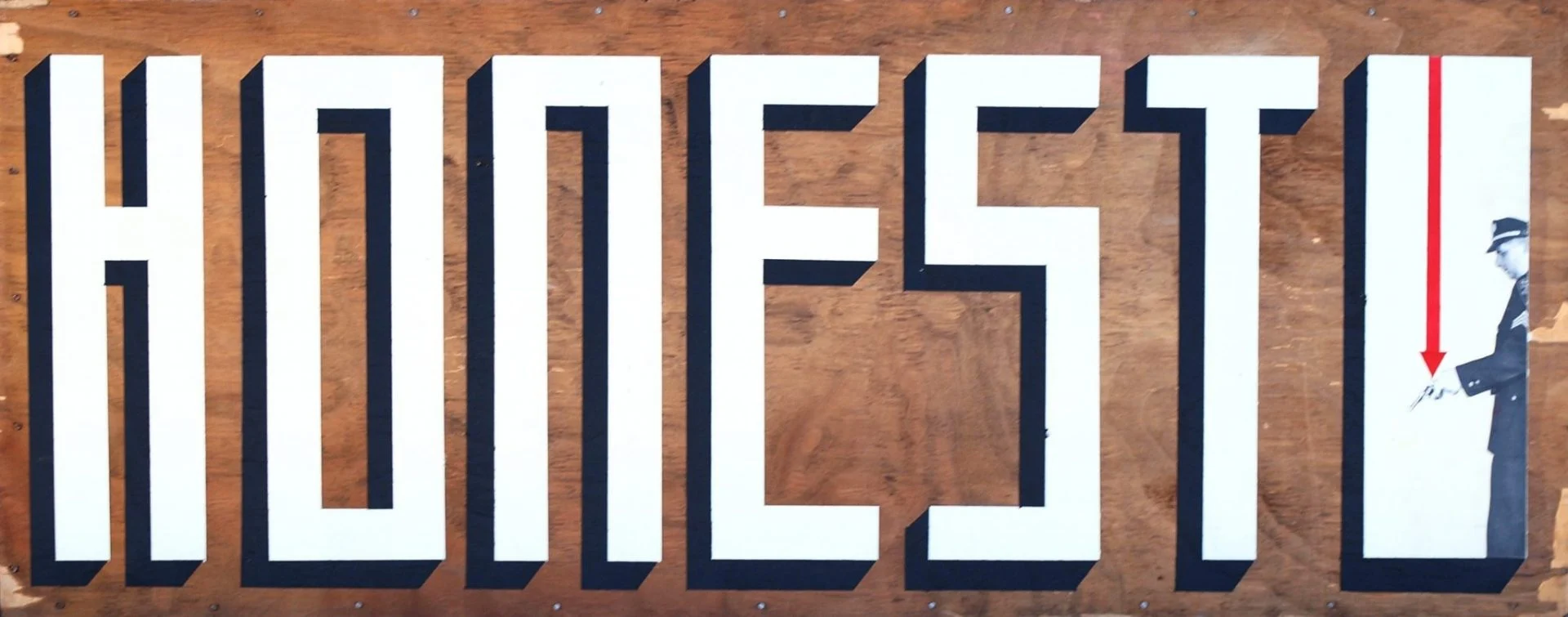
Aaran has this remarkable sense of justice, especially when it comes to broken promises. Last Wednesday, I had promised him that we would go for a walk in the park after I got home early. But my workday spiraled with last-minute meetings and unexpected delays.
By the time I reached home, it was too late.
Aaran refused to look at me. My attempts to distract him or joke around fell flat. Then came his voice, quiet but sharp: “Papa, so no park today?”
He was hurt, and he told me clearly. Not angrily, but directly. He voiced his disappointment, and then, within minutes, he forgave me. He tossed me a cricket ball and said, “Let’s play.”
This reminded me of one of the most underused yet essential leadership behaviors: timely, honest feedback.
In the workplace, feedback is often delayed, sugarcoated, or never delivered at all. We choose comfort over clarity. But avoiding uncomfortable conversations only creates distance. It breeds assumptions, reduces trust, and weakens performance.
What children like Aaran do naturally is what high-performing teams strive to cultivate: a culture of psychological safety. The ability to say what needs to be said, without fear.
I have found that combining this with genuine appreciation (see Lesson 1) creates a balanced environment. When your team knows you will celebrate their wins and also be honest about misses, you earn credibility. And with credibility comes trust.
Trust, of course, is the bedrock of collaboration. If you are looking to enhance it within your team, experiential activities and team-building programs can be helpful. But it also begins with one honest conversation at a time.
Lesson 3: Find the Next Best Alternative, Fast

Children get told “no” a lot. Aaran is no exception.
He has tried to jump on our bed, play with my laptop during presentations, or request ice cream at 10 pm. Naturally, those requests often get denied. And while his first reaction is disappointment, he rarely stays stuck in it. He quickly scans for what else he can do.
No park today? Okay, maybe indoor cricket.
No TV right now? Okay, how about coloring.
His ability to pivot amazes me.
He practices what I now call NBA, the Next Best Alternative. When things do not go as planned, he does not spiral into complaint. He adapts, shifts gears, and finds another source of joy.
This, to me, is an incredible skill. Especially in today’s world, where change is constant and disruptions are the norm.
At work, things rarely go exactly as planned. Timelines slip. Clients change direction. Budgets tighten. And yet, we often cling to our original expectations, resisting reality. We spend time lamenting what could have been, rather than exploring what could be next.
Aaran’s NBA mindset has become a personal compass. When something blocks my path, I ask myself: “What is the next best step I can take right now?” It is empowering.
This lesson is particularly relevant for managers trying to foster resilience in their teams. Teaching your people to reframe setbacks, pivot quickly, and keep moving forward is not just valuable, it is vital.
In one of our recent leadership development programs, we used storytelling exercises to help teams unpack their responses to unexpected challenges. The takeaway was clear. Flexibility and mindset matter more than the plan.
Bonus Lesson: Play Is Not a Distraction, It Is a Development Tool
Children learn through play. And frankly, so do adults.
Watching Aaran handle disappointment, adapt to situations, and explore new ideas, all through play, made me rethink how we design learning experiences at work.
Gamified simulations, team-based challenges, role-play scenarios. These are not just fun add-ons. They are essential learning tools. They help us explore behaviors, test decisions, and grow skills in a safe, engaging environment.
The more I watched Aaran, the more I understood the value of experiential learning. It is what makes lessons stick. And it is what allows individuals to apply theory in real-world-like contexts.
So if you are designing a learning journey, do not underestimate the value of play. Whether it is through workshops, simulations, or collaborative games, you can create transformative experiences that go far beyond traditional training.
In Closing: Our Children Are Our Coaches
When I look at Aaran, I no longer just see a child learning from the world. I see a mirror, a guide, and a coach. He reminds me every day to:
- Express appreciation without delay
- Offer feedback without fear
- Adapt without drama
These lessons have shaped the way I interact with my team, how I respond to stress, and how I think about learning.
As L&D professionals, HR leaders, and managers, we often search for the latest frameworks or tools to develop people. But sometimes, the best lessons come from the simplest places.
All it takes is the willingness to watch, listen, and learn.
Thank you, Aaran. And thank you to every child who teaches without even trying.
